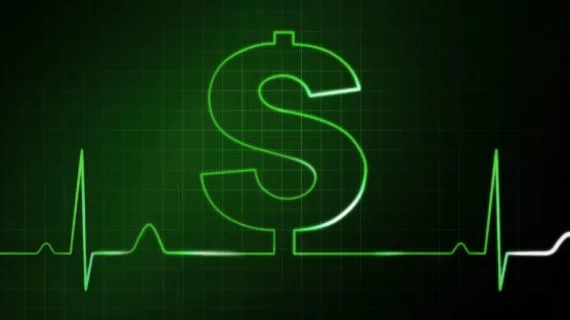Federal funds approved for domestic production of Mo-99
Wisconsin companies SHINE Medical Technologies and NorthStar Medical Radioisotopes will receive funds from the 2019 Energy & Water Development Appropriations Bill to develop a domestic source of medical isotopes—specifically, molybdenum-99 (Mo-99).
U.S. Senator Tammy Baldwin (D-Wisconsin) spearheaded the effort to provide funding and ensure domestic development of Mo-99, typically used to conduct cancer and heart screenings.
“Medical isotopes are critical to American health care, and our Wisconsin entrepreneurs are working to deploy a Made in America source of this much-needed diagnostic tool for patients and families,” Baldwin said in a prepared statement.
Mo-99 is not manufactured in the US and 100 percent of imports are supplied overseas. The Netherlands supplies most Mo-99 used in the United States. Due to its limited shelf life of three days, distance affects both the amount of Mo-99 and price.
“This appropriations legislation gets our domestic production back on track to ensure health care providers can source this critical medical isotope domestically and reduce our reliance on foreign sources,” Baldwin noted. “I am proud to provide results for our Made in Wisconsin companies that create and innovate to improve public health and save lives.”
Prior Radiology Business coverage of this topic can be read here.

